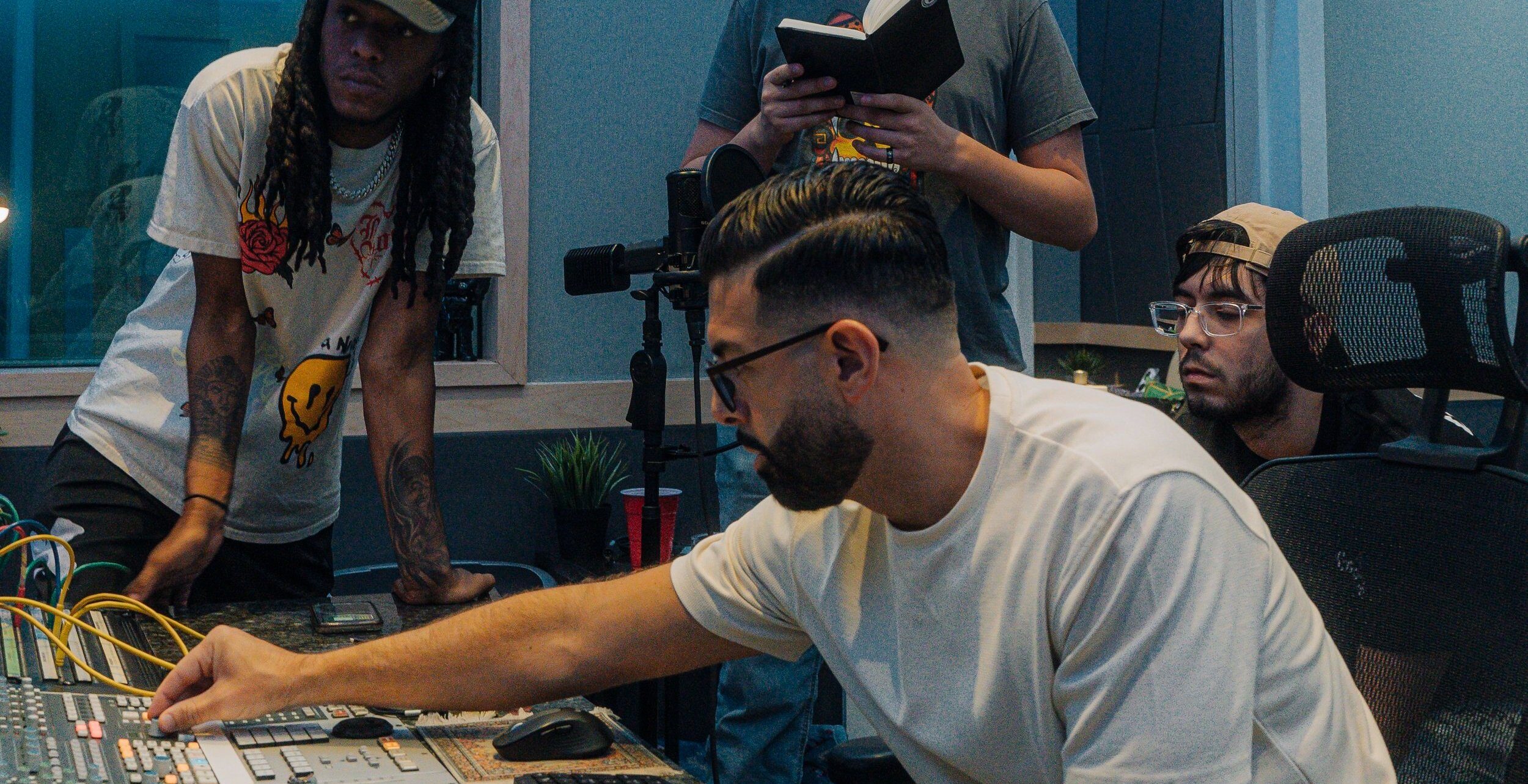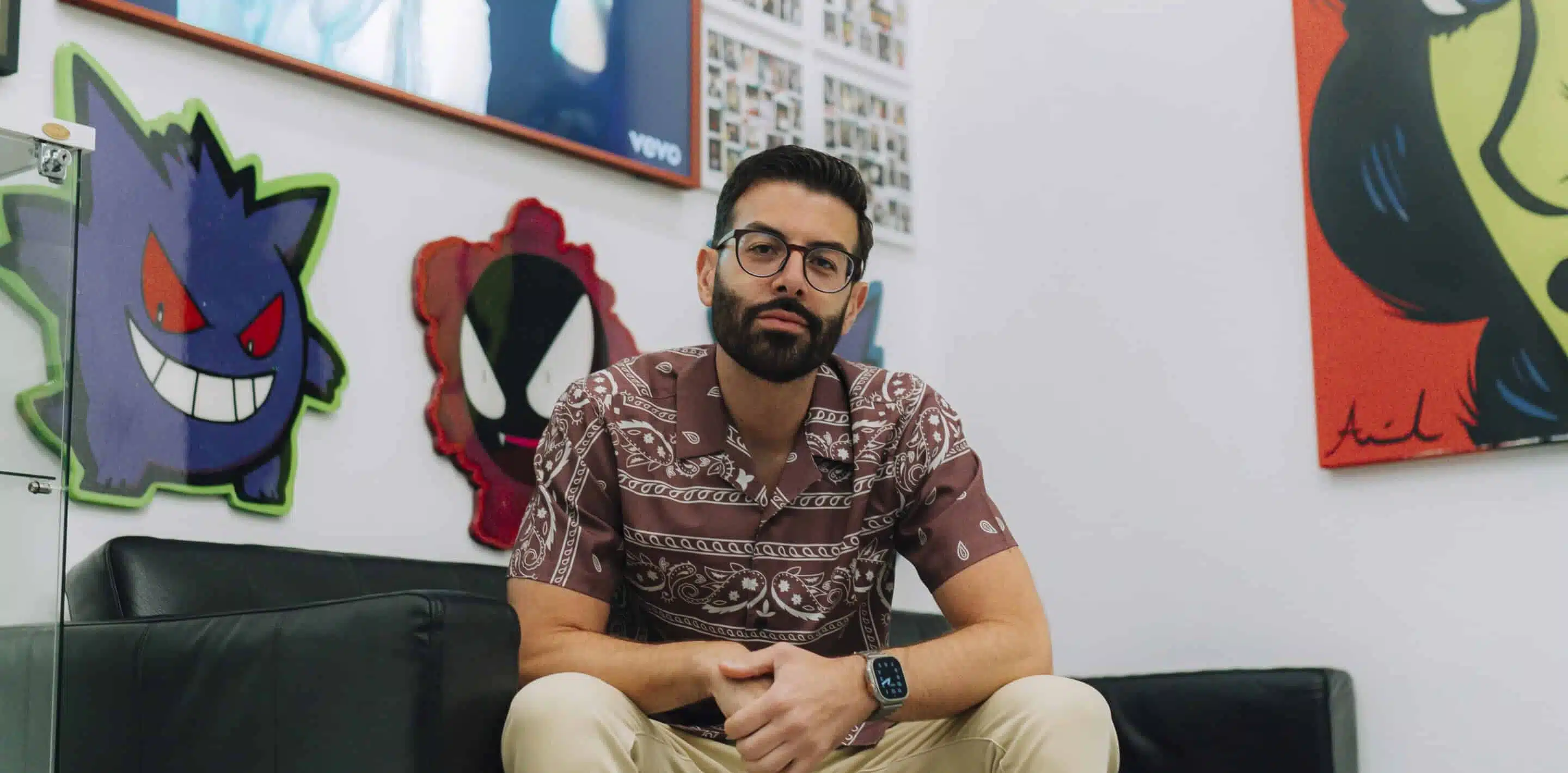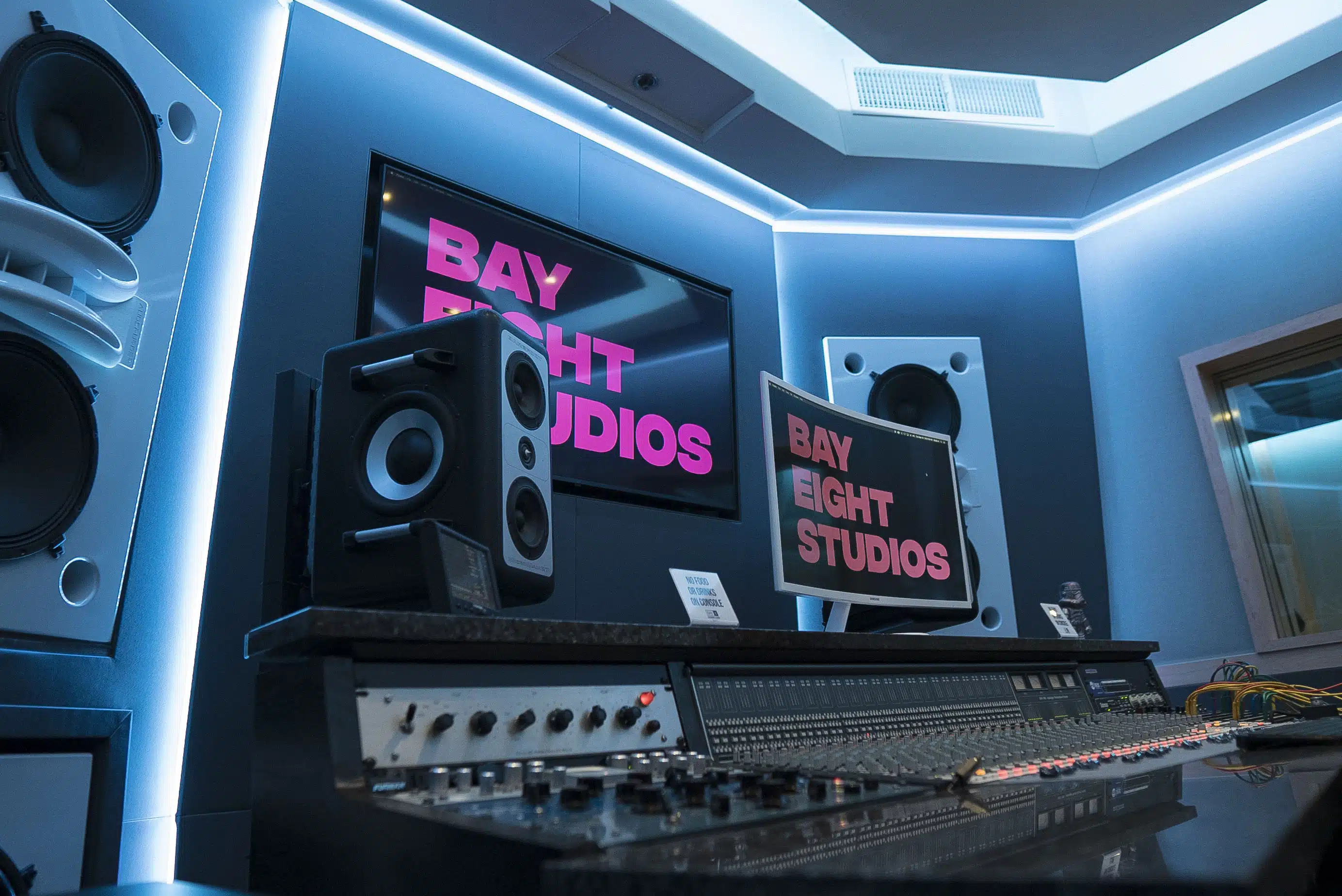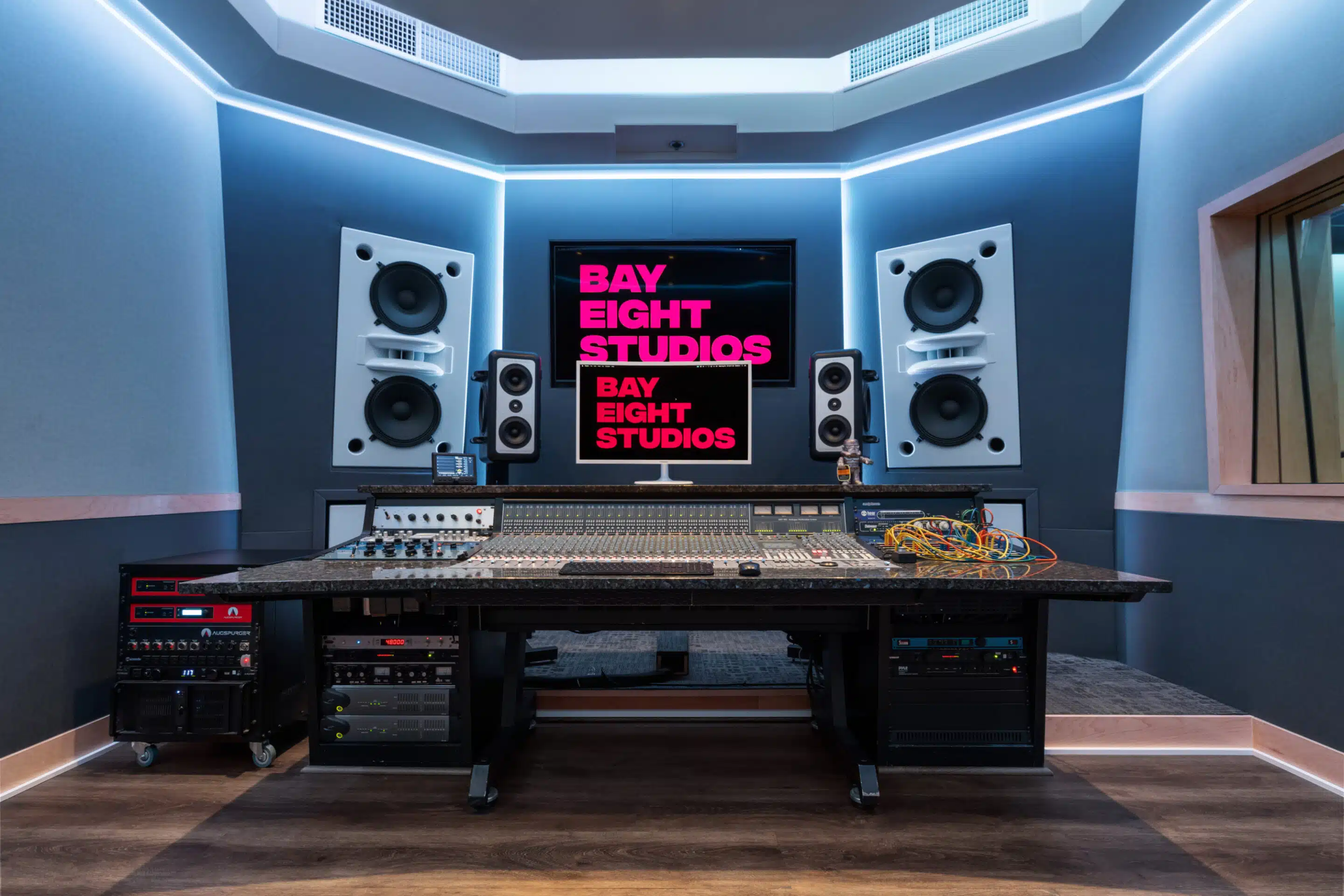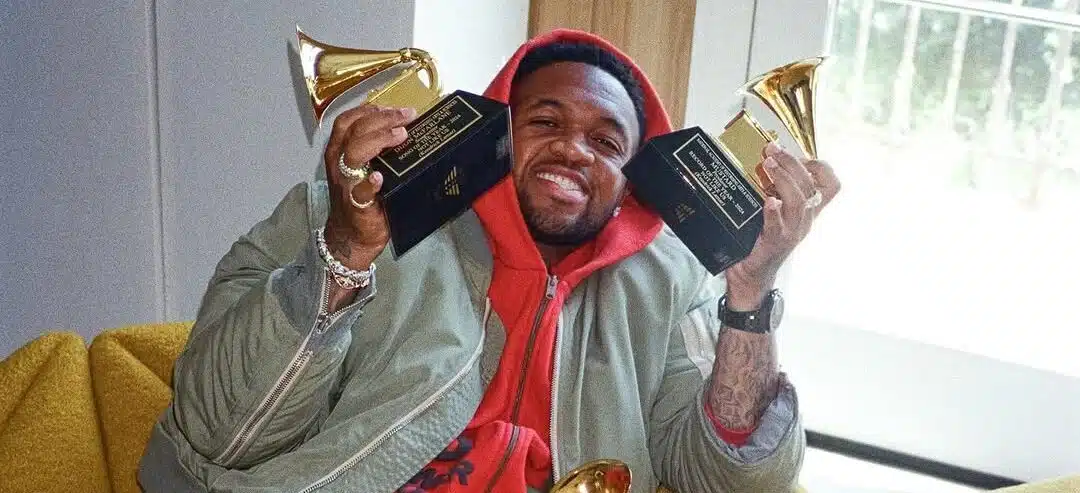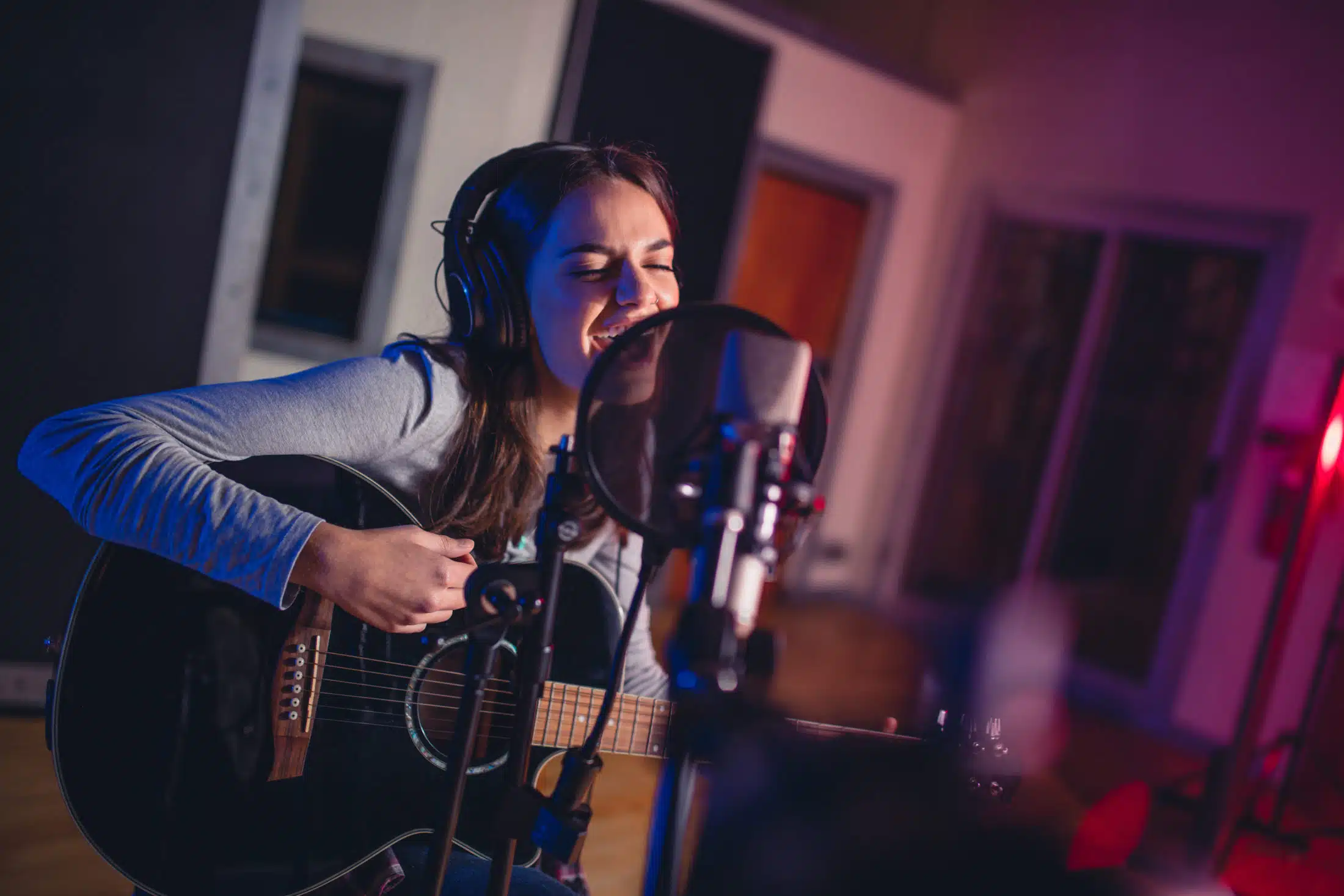What is Audio Engineering?
If you don’t know what an audio engineer does, don’t worry, we’re were to clear up any confusion about this little-understood profession. After all, there are a lot of jobs in the music industry. Even though audio engineers play a huge role, they don’t have a lot of visibility.The simplest definition of an audio engineer is someone who specializes in understanding how sound behaves. Audio professionals can fit into a wide array of careers due to their specialized skills. As a trained audio engineer, you can pursue a career as a mixing engineer, a mastering engineer, a live sound engineer, or a sound designer.
Here, we will break down each path for those interested in knowing more about this profession. If you feel you need further guidance to determine if this profession is for you, consider enrolling in our four-week, Bay Eight Sound Academy. You’ll get a chance to learn more about the ins and outs of what it means to be an audio engineer in-studio.
No.1 Mixing Engineer
A mixing engineer is an audio engineer hired to shape and sculpt a song by boosting and removing frequencies. This process starts to give a song its shape. Mixing engineers have skills that are essential to other fields as well. Since mixing is not an easy task, it is always best for artists to hire a professional for this service, even if they record at home. Mixing engineers apply techniques like low and high pass filters and side-chaining compression. While any individual can apply this to a DAW, it takes a true professional to optimize this process. Mixing engineers have trained ears that allow them to hear frequencies that the untrained ear is not likely to. As an audio engineer, you’ll encounter plenty of musicians who think they are mixing their songs, but are actually doing more harm than good.
If you’re an artist or producer looking to get your work mixed by experts, you can reach out to us. Bay Eight Recording Studios Miami has a team of highly experienced engineers who promise to deliver the best version of your song.
Highlights
- Usually work in studios
- Can ruin your song if not done correctly
No. 2 Mastering Engineer
Mastering engineering is one of the most advanced forms of audio engineering. It requires extremely refined ears, knowledge, and an understanding of the science behind audio engineering. While being a mixing engineers requires a specific set of skills, being a mastering engineer takes it a step further. If your goal is to become a mastering engineer, you should consider pursuing a degree in audio technology. In addition to schooling, most mastering engineers spend years working as mixing engineers first, and later working under established mastering engineers.
Mastering is a delicate process, and as the final finish to a song, it can make or break the final product. Out of all the steps in the production process, it is the aspect where you most need someone with a lot of experience. At Bay Eight Recording Studios Miami, our engineers are required to have a minimum of 10 years experience before they start mastering. So, you can be assured your music is in great hands with our team.
As an audio engineer, I am not at the mastering level. However, after speaking to various mastering engineers, I can give basic details as to what goes into the process. One of the first steps in mastering is checking the EQ balance of the entire track. Being able to hear the frequencies across a song after mixing takes extreme attention to detail and years of ear training. Next, is being able to effectively control the LUFs.
Simply put, LUFs are a measurement of loudness. While LUFs are a measurement of how loud a song is overall, songs must be optimized to hit certain LUFs for them to be played on Spotify, Apple Music, and other streaming services. Mastering engineers specialize in making sure your song meets these standards, thus allowing little to no change in sound quality when your music is uploaded to Spotify or Apple Music.
Highlights
- Requires extreme attention to detail
- Thorough understanding of LUFs
- Typically requires decades of experience
No. 3 Live Sound Engineer
Live sound engineering is an often overlooked form of audio engineering. These engineers are usually in the shadows, and they are even less visible than mixing and mastering engineers. While everyone has their eyes on the performers during concerts, this team may be behind the crowd or off to the side. Live sound engineers work to make the artists sound their best. Front of house engineers monitor backing tracks, the artists’ vocals, and the band. Meanwhile, monitor engineers make sure the performers can hear properly, which is essential in order for them to sound their best. When live sound engineers do their job well, you don’t think of them at all. When they mess up, you’ll notice because the sound cuts out, you can’t hear the artist well, or there’s mic feedback that makes everyone cringe.
Live sound engineers are very versatile. They are able to do audio for not just concerts but theater performances, festivals, large conferences, and any event that requires live sound. Without sound engineers, you’d likely leave concerts for your favorite artists wishing you’d just stayed home and listening to the recorded version of your favorite songs.
Highlights:
- Work in live performances like concerts and theater
- In the shadows but extremely important
- Can have the opportunity to travel if contracted privately to an artist
No. 4 Sound Designer
Sound designers are audio engineers who specialize mainly in film or TV. Not to be confused with Foley artists, sound designers work on producing sounds to supplement a scene instead of recreating human sounds. Sound designers commonly use computers to create sounds in order to amplify movie scenes. However, sound designers don’t just work in film. They are also able to create sounds for VST or plugin presets. One of the most reputable sound designers of our time is a former musician. Trent Reznor of Nine Inch Nails has created soundtracks and also done sound design for films. Here is behind-the-scenes footage of Reznor doing sound design for the 2014 film, Gone Girl.
Highlights:
- Creates sounds for movies and TV
- Can design sounds for plugins
- Very detailed-oriented work
Conclusion
If you’re interested in becoming a sound engineer, there are several ways to do so. Getting a Bachelor’s in audio engineering can allow you to learn the fundamentals in a structured environment. While this is a great way to learn basic principles, you can also learn through real-life experience. Many audio engineers start their careers in tracking at recording studios. While this may seem easy, it’s not always a smooth process. Clients can be demanding and engineers are expected to work quickly. You’ll often be expected to mixing the recording as it’s happening, leveling out vocals, sorting through different takes, and adding fades.
As an audio engineer, speed in essential. While you might want to take your time in the session, clients are usually looking to maximize their time and leave with an almost finished product by the time their session ends. Half of the clients you are tracking are not even going to care if their track is mastered, as long as the quality sounds decent to their own ears. Though there are many challenging aspects of the job, audio engineering represents a unique meeting of science and creativity. Whether or not this profession interests you, we hope this guide has given you a better understanding (and appreciation) for this unique career.








